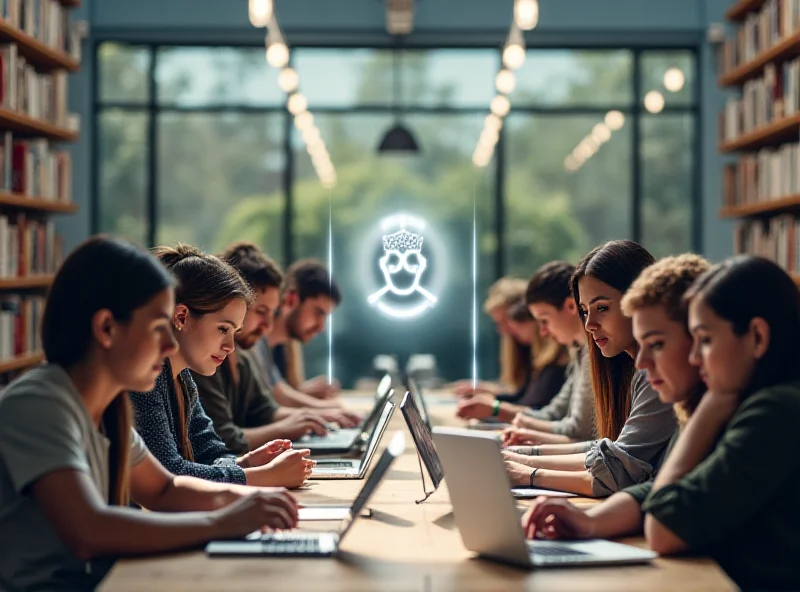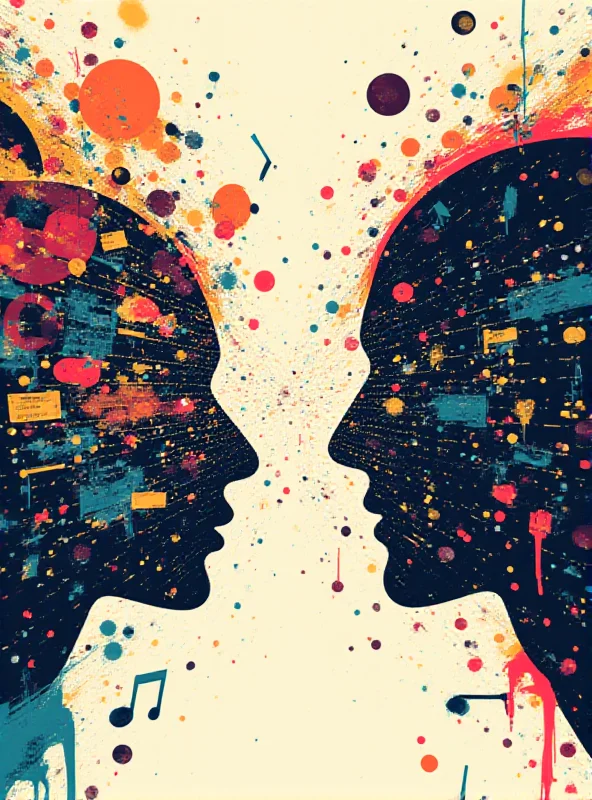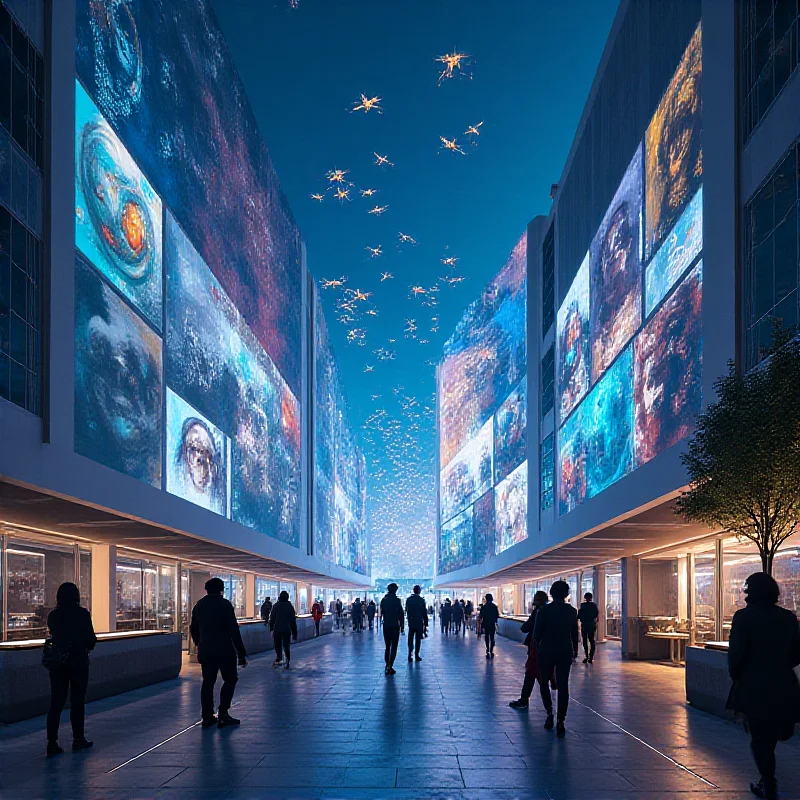Artificial intelligence is rapidly changing the landscape of both education and creative industries in the United Kingdom. From students leveraging AI to complete university assignments to artists battling government proposals on copyright, the rise of AI is sparking intense debate and raising critical questions about the future.
AI in Education: A Growing Challenge
UK universities are facing a surge in students using AI tools to complete their coursework. This presents a significant challenge for academic institutions striving to accurately assess undergraduate work. How can universities ensure academic integrity when AI can generate essays and solve complex problems? The rapid advancement of technology makes it increasingly difficult to distinguish between original student work and AI-generated content. This raises questions about the effectiveness of current assessment methods and the need for innovative approaches to evaluate student understanding.

The rise of AI in education demands a thoughtful and proactive response from universities. This includes developing new assessment strategies that focus on critical thinking, problem-solving, and creativity – skills that are more difficult for AI to replicate. It also requires educating students about the ethical implications of using AI and promoting a culture of academic honesty.
Copyright Clash: Creatives vs. AI
Meanwhile, the creative industries are locked in a battle with the UK government over proposals that would allow AI companies to use copyright-protected work without permission. More than 48,000 creators, including music icons like Kate Bush and Abba’s Björn Ulvaeus, have voiced their strong opposition to these proposals.
“This is a major, unjust threat to artists’ livelihoods,” warned a statement signed by the creatives. Their concern stems from the potential for AI to replicate and profit from their work without proper compensation or recognition. The artists argue that allowing AI companies to freely use copyrighted material undermines the value of their creations and threatens the future of the creative industries.

In a unique form of protest, over 1,000 musicians, including Kate Bush, co-wrote a silent album, highlighting the potential silencing of human creativity by unchecked AI development. This bold statement underscores the depth of concern within the creative community.
Finding a Path Forward
The debates surrounding AI in education and the creative industries highlight the need for careful consideration of the ethical, legal, and societal implications of this powerful technology. Finding a balance between fostering innovation and protecting the rights of creators and ensuring academic integrity is crucial. As AI continues to evolve, ongoing dialogue and collaboration between educators, policymakers, and industry stakeholders will be essential to navigate the challenges and harness the opportunities that AI presents.

The future remains uncertain, but one thing is clear: AI is here to stay, and its impact will continue to be felt across all sectors of society. The key is to ensure that its development and deployment are guided by principles of fairness, transparency, and respect for human creativity and intellectual property.
